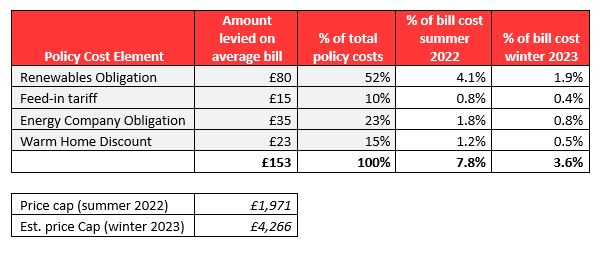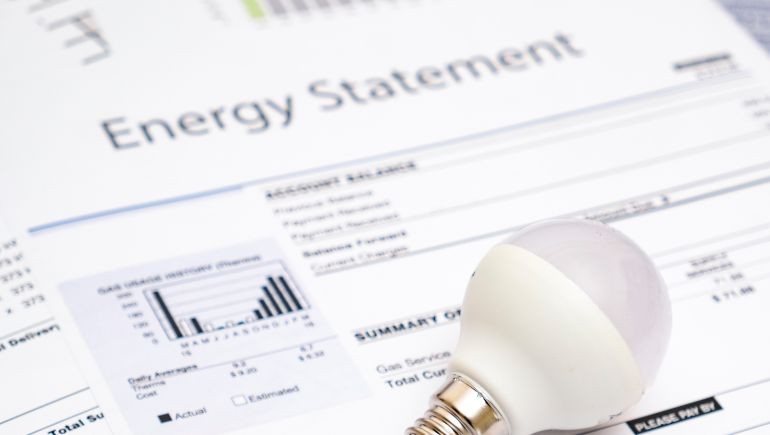This is why cutting all the levies from energy bills would be disastrous for fuel poor homes
In recent weeks there’s been a lot of discussion about the ‘green levies’ on energy bills and whether or not they should be cut to help households tackle the energy crisis. This has been frustrating for those of us in the energy efficiency world as the levies are made up of several distinct elements.
Of the £153 per year they cost the average billpayer, only around £95 is ‘green’ – reflecting the cost of historic renewable energy projects. Around £58 is spent on programmes that provide direct support to low income and vulnerable households. These are the Warm Home Discount, which offers a £150 rebate on annual energy bills, and the Energy Company Obligation (ECO), which supports those living in the least efficient properties to get improvements such as insulation and low carbon heating. Cutting these would be disastrous for those homes on the lowest incomes.
The Warm Home Discount adds £23 to the average annual bill, and ECO adds £35 – together just 3% of the total. Yet they make a huge difference to many thousands of the worst-off households, allowing them to heat and power their homes effectively. And if energy bills rise again this winter these policy costs will remain steady, meaning their impact will be dwarfed by that of rising wholesale gas prices – the main culprit behind the current crisis.
The legislation that will govern the Warm Home Discount and ECO over the next four years has only recently been signed into law and these programmes are gearing up to provide £1.5 billion of direct support to more than 3 million fuel poor and vulnerable households over the next year. Any cut to these social programmes now would be regressive and cause huge damage to delivery – affecting not only energy customers but more than 30,000 skilled jobs across the private and voluntary sectors that rely on this funding.
If politicians are keen to take the levies off bills this winter then we would suggest that the most effective solution would be to leave them in place but provide a rebate to customers via the Energy Bills Support Scheme mechanism. But with average bills expected to exceed £4,200 a year from early 2023, and wholesale gas prices showing no signs of dropping, the Government must also offer additional support for low-income households over the long-term.
The only sustainable way to reduce energy bills and to guarantee our energy security is to retrofit millions of homes with insulation, low carbon heating and renewables. Interventions via programmes such as ECO are predicted to achieve average savings of £800 a year, every year, should energy prices increase as predicted. This is the sort of high impact assistance that will achieve much more than a temporary rebate of £153, and also help the Government meet its statutory 2030 fuel poverty target.

